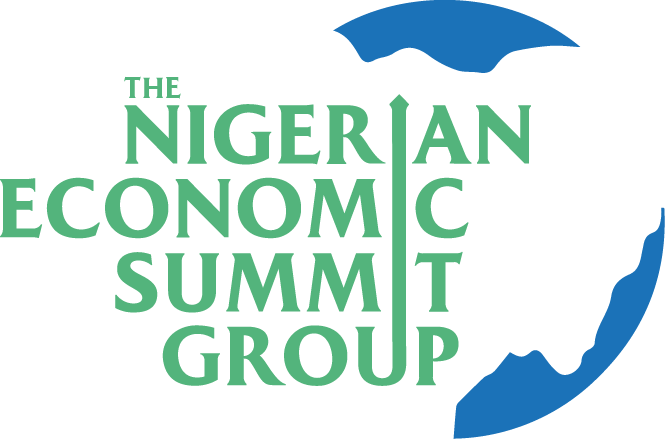As the 31st Nigerian Economic Summit gathers momentum, the Nigerian Economic Summit Group has issued a strong reminder that Nigeria’s domestic policy decisions are not made in isolation and that they carry significant weight across the African continent.
This was disclosed in a statement signed by the acting Head, Strategic Communication & Advocacy, NESG, Ms. Ayanyinka Ayanlowo, on Monday ahead of its annual summit in October, themed ‘The Reform Imperative: Building a Prosperous and Inclusive Nigeria by 2030,’ scheduled for Abuja.
Nigeria has one of Africa’s largest populations and is its fourth biggest economy at N372.8tn. NESG asserted that Nigeria’s reforms, or lack thereof, have ripple effects on regional trade, investment flows, and integration efforts.
“As Africa’s most populous nation and one of its largest economies, Nigeria’s domestic policies have ripple effects across the continent. With global trade dynamics in flux and a renewed push for regional integration, NES #31 will also interrogate how Nigeria can lead Africa’s economic renaissance through trade, technology, enterprise, and diplomacy.
“Key focus areas include deepening Nigeria’s position within global and regional value chains. Enhancing the ease of doing business and unlocking private capital and expanding digital infrastructure and skills for the 21st-century economy,” the statement read.
The NESG also made a case for sustained reforms, saying, “Over the years, NESG has served as a trusted platform for major reform milestones, spanning telecommunications, banking, maritime, agriculture, and energy. Yet, sustaining momentum requires more than bold ideas; it demands institutional continuity, political will, and active citizen participation. NES #31 will explore how Nigeria can entrench reform-minded governance, reduce policy reversals, and ensure reforms are citizen-centred, inclusive, and results-driven.”
The Summit will feature plenary sessions, technical dialogues, high-level roundtables, and curated sector-specific engagements. These conversations will aim to galvanise multisectoral action, influence public policy, and strengthen Nigeria’s capacity to deliver on its development commitments.
The sub-themes for the summit include driving industrialisation-led growth through deepening Nigeria’s industrial base through value chain development, SME integration, and technological innovation. Building infrastructure for competitiveness by accelerating infrastructure investment to boost productivity, reduce costs, and enable regional trade. Advancing inclusion for shared growth through ensuring economic participation for women, youth, and underserved populations through targeted social and economic interventions. Strengthening institutions for sustainable impact by enhancing public sector accountability, regulatory efficiency, and service delivery to enable long-term development and unlock investment amid global trade shifts, which is about positioning Nigeria as a preferred destination for investment by leveraging the AfCFTA, diversifying exports, and enhancing investor confidence.















